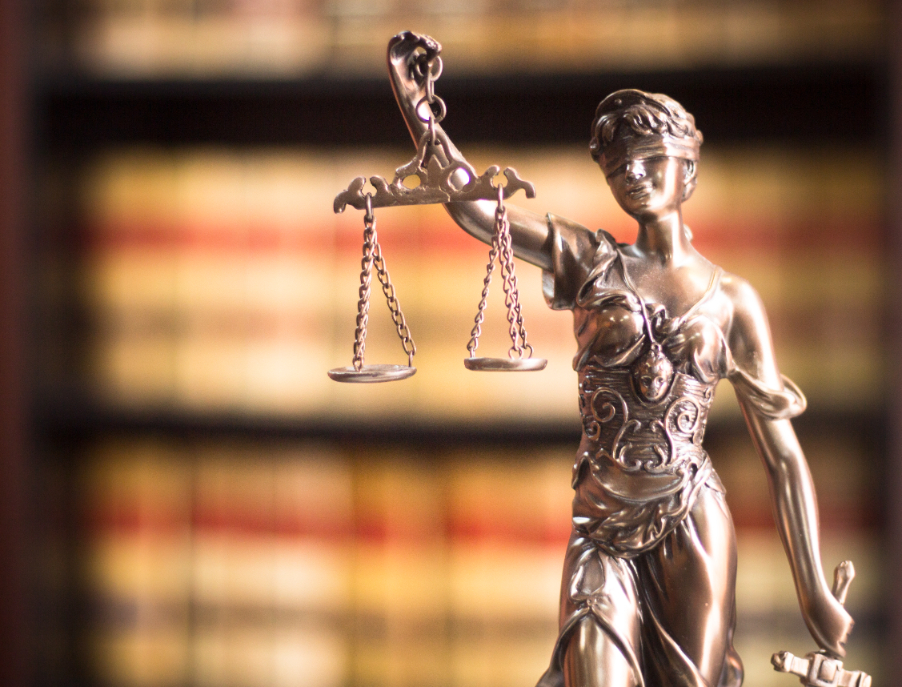Personal injury law is a branch of civil law that deals with cases in which someone has been injured or harmed by the negligence or wrongful conduct of another person or entity. Personal injury cases can arise from a wide variety of situations, including car accidents, slip and falls, product defects, medical malpractice, and workplace accidents.
In order to win a personal injury case, the plaintiff (the person who was injured) must prove that the defendant (the person or entity who caused the injury) owed them a duty of care, breached that duty of care, and that the breach of duty caused the plaintiff’s injury.
Duty of care
A duty of care is a legal obligation to act in a way that avoids causing harm to others. For example, drivers have a duty of care to other drivers, pedestrians, and cyclists to operate their vehicles safely. Businesses have a duty of care to their customers to maintain their premises in a safe condition. And doctors have a duty of care to their patients to provide them with competent medical care.
Breach of duty
A breach of duty occurs when someone fails to act in accordance with their duty of care. For example, a driver who breaches their duty of care may do so by speeding, driving while intoxicated, or failing to yield to a pedestrian. A business that breaches its duty of care may do so by failing to clean up a spill on the floor or by failing to repair a broken railing. And a doctor who breaches their duty of care may do so by misdiagnosing a patient or by performing a surgery incorrectly.
Causation
Causation means that the defendant’s breach of duty caused the plaintiff’s injury. In some cases, causation is clear and straightforward. For example, if a driver rear-ends another driver, it is clear that the rear-ending driver’s breach of duty caused the other driver’s injuries. In other cases, causation is more complex and may require expert testimony to establish.
Types of damages in personal injury cases
If the plaintiff is successful in proving duty of care, breach of duty, and causation, they may be awarded a variety of damages, including:
- Medical expenses: This includes the cost of past, present, and future medical treatment, such as hospital stays, doctor’s visits, prescription drugs, and physical therapy.
- Lost wages: This includes the plaintiff’s lost earnings from the time of the injury to the present time, as well as the projected loss of future earnings.
- Pain and suffering: This includes compensation for the plaintiff’s physical and emotional pain and suffering as a result of the injury.
- Property damage: This includes compensation for the plaintiff’s damaged property, such as their car or clothing.
How to file a personal injury claim
If you have been injured in an accident, you may be able to file a personal injury claim. To do so, you should contact an experienced personal injury lawyer. Your lawyer can help you investigate the accident, gather evidence, and file the necessary legal paperwork.
Personal injury cases can be complex, and it is important to have an experienced lawyer on your side. A good personal injury lawyer can help you get the compensation you deserve for your injuries.
This article is for general informational purposes only and is not legal advice. Contact us today to discuss your specific situation.

